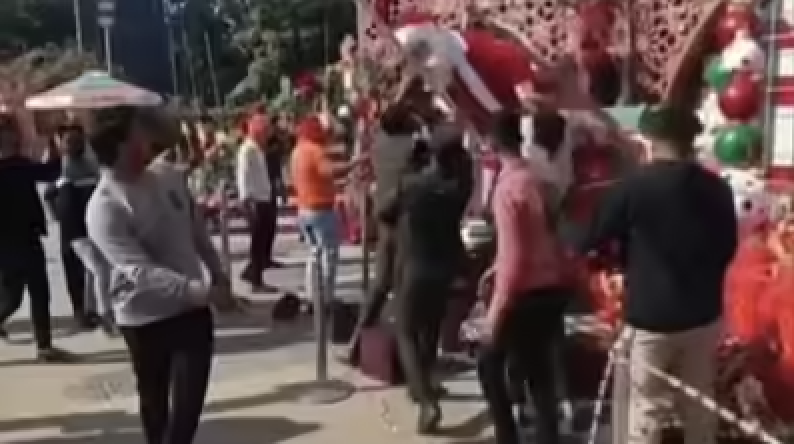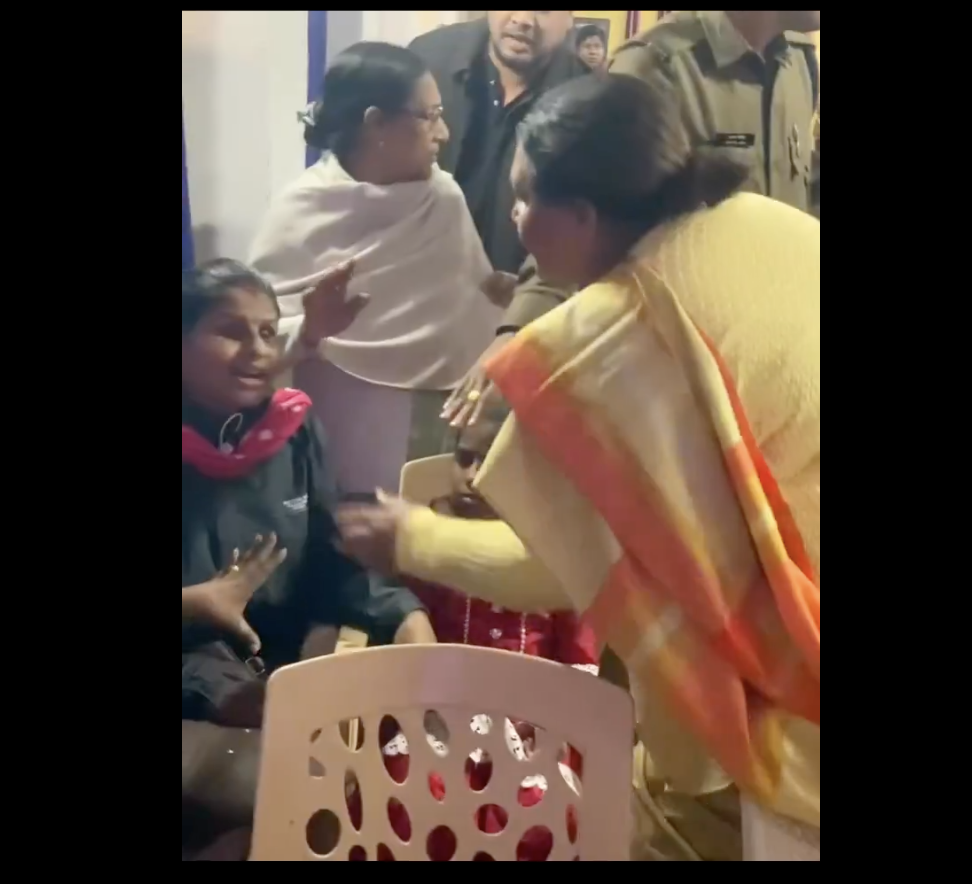On August 27, the last day for filing nomination for the first phase of the Assembly elections in Jammu and Kashmir, three obscure men submitted their nomination papers from various constituencies in South Kashmir as independents.
While independents fighting elections is not unusual, the trio drew attention since they were former and current members of the banned socio-religious group Jamaat-e-Islami Jammu and Kashmir.
The last election that the Jamaat had contested as a regional party was the 1987 Assembly poll. Widely believed to have been rigged in favour of the National Conference at the behest of New Delhi, the poll became one of the catalysts for the eruption of militancy in Kashmir in 1989. In the years that followed, many members of the Jamaat took up arms.
In 1998, the organisation distanced itself from militant outfits. But two decades later, the Centre banned the Jamaat in the aftermath of the 2019 Pulwama attack that left 40 paramilitary personnel dead. A home ministry notification accused the organisation of “indulging in activities, which are prejudicial to internal security and public order, and have the potential of disrupting the unity and integrity of the country”. In February, the Centre extended the ban under the Unlawful Activities Prevention Act for another five years.
As a banned outfit, the Jamaat cannot field candidates. But with Jamaat-backed candidates in the fray this time, questions are being asked about why the outfit has chosen to return to electoral politics after 37 years.
Scroll’s conversations with Jamaat’s members suggest the decision is rooted in the group’s ongoing negotiations with the Centre to get the ban revoked. Although there has been no official confirmation from the government, a spokesperson of the Jamaat told Scroll that since 2022, eight of its members have been holding talks with the government.
This story was originally published in scroll.in. Read the full story here.






